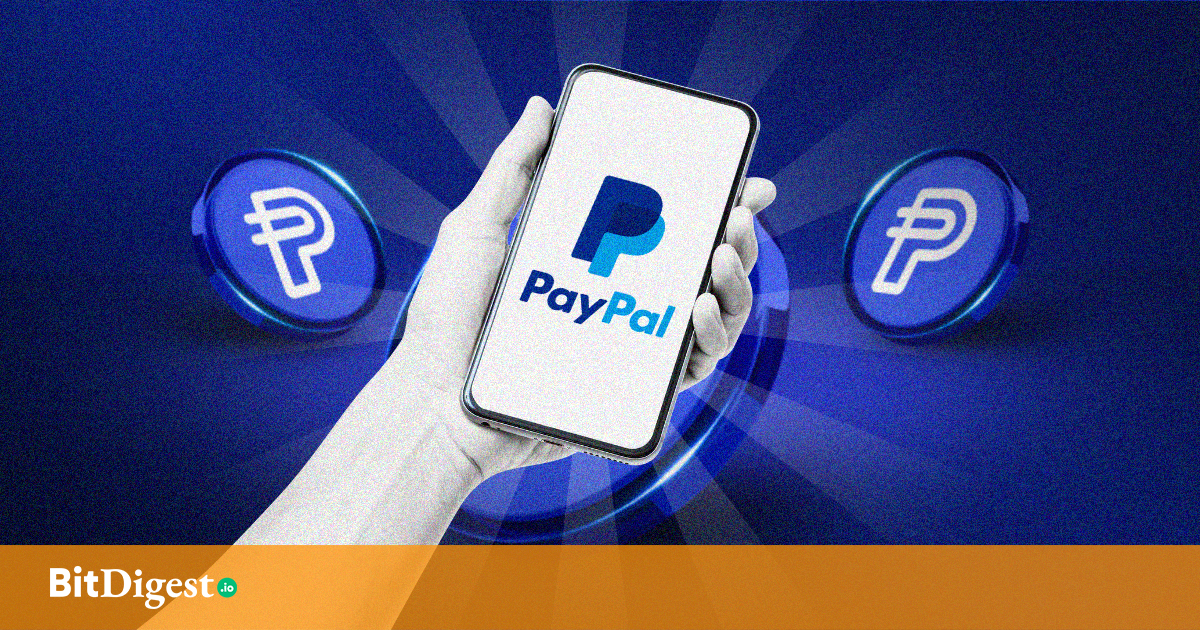PayPal Expands PYUSD Stablecoin to Arbitrum for Cheaper On-Chain Transactions
PayPal has officially deployed its USD-backed stablecoin, PYUSD, on Arbitrum, marking its first integration on a Layer 2 network. The move is expected to significantly reduce transaction fees and improve settlement speed for users interacting with PYUSD on-chain.
The expansion was made possible through a technical collaboration with Offchain Labs, the core developer team behind Arbitrum. Until now, PYUSD had been limited to Ethereum mainnet, where gas fees often act as a barrier to retail adoption.
PayPal's move to roll out PYUSD to Arbitrum is part of larger efforts to make scalable, low-cost digital dollars accessible to mainstream commerce and decentralized applications. Arbitrum, the top Ethereum Layer 2 by total value locked (TVL), makes throughput faster and gas cheaper by doing transactions off-chain and settling on Ethereum.
By bringing PYUSD into Arbitrum's expanding DeFi and payments ecosystem, PayPal sets its stablecoin up for broader use—from cross-border remittances to on-chain merchant transactions and cheap microtransactions.
Driving Adoption of Compliant Stablecoins
Issued by Paxos Trust Company and fully backed by dollar-denominated reserves, PYUSD is one of the few stablecoins offered by a regulated U.S. fintech firm. Its expansion into Layer 2 networks marks a growing push by PayPal to bridge traditional finance with scalable blockchain infrastructure, while remaining regulatory-compliant.
The move also places PYUSD in more direct competition with stablecoins like USDC and USDT, which are already active across multiple chains and layer-2 environments.
The deployment of PYUSD on Arbitrum signals PayPal’s intent to compete in the high-throughput, low-cost stablecoin economy, giving users more flexible, affordable options for transacting in digital dollars. It also reinforces the role of Layer 2 networks as essential infrastructure for scaling stablecoin adoption beyond Ethereum’s base layer.
.svg)


.svg) SHARE TO FACEBOOK
SHARE TO FACEBOOK SHARE TO TWITTER/X
SHARE TO TWITTER/X SHARE TO LINKEDIN
SHARE TO LINKEDIN SEND TO MAIL
SEND TO MAIL





.svg)


.svg)